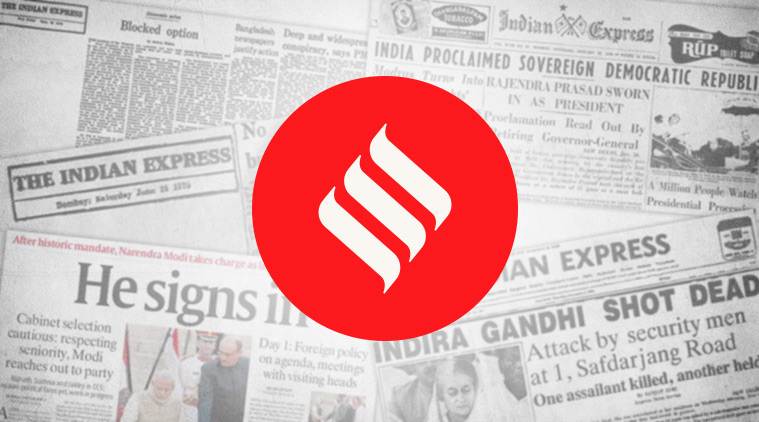
A pamphlet containing a series of derogatory statements about the Aam Aadmi Party’s East Delhi candidate, Atishi, has once again brought to the fore the ugliness of gender bias in Indian politics. The unsigned and unclaimed pamphlet, written in English, cast aspersions not just on the Rhodes scholar’s educational qualifications but also on her personal life. While the AAP has accused Atishi’s opponent, BJP candidate Gautam Gambhir, of issuing the pamphlet, the BJP has dismissed it as the AAP’s bid to defame the party.
Atishi, who is credited with contributing to the AAP government’s attempts to reform Delhi’s government school system, has had a taste of the rough and tumble of Indian politics. In August last year, after her candidature was announced, she decided to drop her second name — Marlena — in a bid to keep the attention focussed on her work and not her identity. Yet, even as the political discourse in the country hits a new low, it’s difficult to see Atishi’s current predicament as an isolated instance of political skulduggery. Women who enter politics in India find themselves in an unequal struggle to make their voice — and their work — carry. Over and over again, they are put down by a patriarchal order that refuses to recognise their agency. From actor Jaya Prada, denigrated time and again by Samajwadi Party leader Azam Khan to the BJP’s Smriti Irani, from the BSP’s Mayawati to Trinamool Congress chief Mamata Banerjee, from the AIADMK’s Jayalalithaa to Congress leader Sonia Gandhi, women politicians across the spectrum have been at the receiving end of targeted abuse that is viciously personal and cuts through any pretence of decorum. While a handful of leaders such as the BJD’s Naveen Patnaik and the West Bengal Chief Minister Mamata Banerjee have now recognised the importance of addressing this unequal power dynamics by incorporating more women in their ranks, many political parties still treat their women colleagues as props for electoral gains, with no room of their own.
Yet, this is also a time when political parties across the spectrum have recognised the power of increasing women turnouts and are wooing women voters with promises and schemes. Greater participation of women in the electoral process is being lauded as a decisive factor in the ongoing general elections. At such a defining cusp, it is all the more imperative to call out toxic misogyny every time it rears its head in public life or private, to push back against a system that must be held accountable, not just selectively but each and every time.